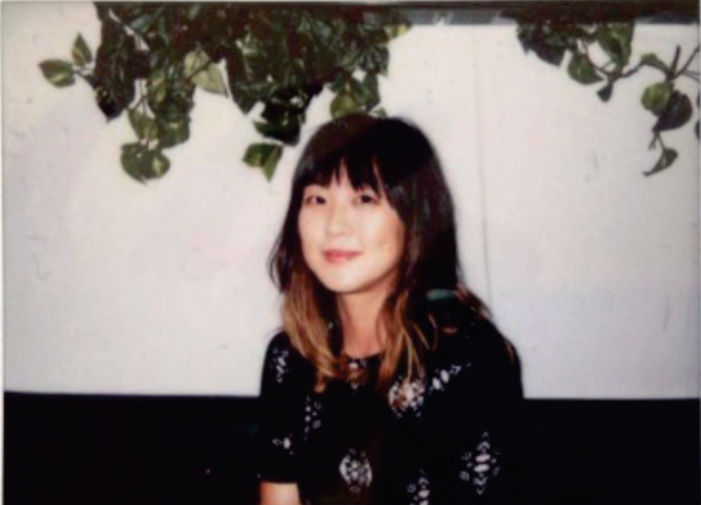This spooky Halloween afternoon, Jennifer Hope Choi read aloud to Furman students some of her creative nonfiction essays. At this Cultural Life Program (CLP), she relayed stories of the past and their intersection with her present.
After listening to these stories, it was no surprise that she has publications in The Atlantic, Buzzfeed and Guernica. Choi expressed her ability to hold space for despair as well as humor in her writing through striking imagery coupled with her sprightly voice.
Choi was introduced by Dr. Turner, a visiting professor in the English department, who explained the “paradoxical demand of making something creative and true.” Choi succeeded in this as she discussed her past selves in relation to her present self through the context of her family history.
In one of her essays entitled, “My Mongolian Spot,” Choi shared her connection to the past and its overlap with her present. In the other essays she shared, she explained the impact her grandmother and parents had on her own life story.
Listening to her speak I quickly realized that to write our story is to write the story of others. The people who influence us the most provide a context for our own lives.
At the end of the CLP, students asked Choi questions about her writing and motivation behind her work. She mentioned a website called Catapult that allows writers to share their stories, talk with other writers and take free online writing classes. Choi emphasized the importance of having kind and supportive peers that read and critique your work to make it better. C
Choi answered a question related to dealing with doubt in your work. Choi responded saying that it helps to view writing as a habit you commit yourself to; continuing to work at it is how you build confidence in your abilities.
Choi is currently writing a memoir of her life and shared with the audience that writing is revision, revision and more revision. She shared that it is essential to forge your own identity as a writer.
In her own writing, she wanted to fill a gap between what she wanted to read and what she liked about other writers’ work. Writing for her started as a way to work through famBy Caroline Scudder Staff Writer ily drama, and eventually it evolved into a way of making sense of the world through words. In her work, Choi combines her sadness and sense of humor as a practice of embracing all the complex parts that make up her own being.
To learn more about Choi’s work, visit: http:// www.jenniferhopechoi.com
